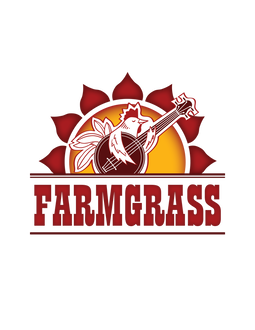“You know the song ‘I was country when country wasn’t cool?’ He was organic before organic was cool.” We recently had the pleasure of visiting Karen and Hershel Kendall at Indian Hills farm in Smithville, TX who grow just about everything from pecans to cattle. We talked catfish farming, Farm to Feast, and houses burning down. Hear their story: Farmgrass: Your farm really is a beautiful place. How long have you been here? Hershel: We started buying it in ’83 with the intent of moving back here someday. In ’86, it was the biggest recession in Texas. It hit Texas later than it did anywhere else, we were living in Alaska and it hit Alaska at the end. 70 percent of the population left Alaska and left houses and condos just sitting there. We had friends in Houston that were buying houses for $5000 on their credit cards. We bought this place when things were high, but that was '83, and then when we started to farm (catfish) nobody wanted to buy it. It was a luxury, everybody was in survival mode, they weren’t buying frivolous things like fish. Karen: Hershel went back to Alaska to work. Hershel:: I was working contracting jobs on military bases, and then came back to farm. Karen: Farming was hard, I was back here in Texas with the kids trying to hold down the farm. Hershel: We were burning money into the ground so fast, and then it evaporated like rain on a hot day. We moved back to Alaska, and our goal was to get the farm paid off. Karen: You know the song “I was country when country wasn’t cool? He was organic before organic was cool. It was the '70s. Hersh: I had a greenhouse up there and started growing things organically. It was 2005 when we decided to move back. In 2003 we rented our house in Alaska to a guy who we trusted to not burn trash in the wood stove in the basement. There’s nothing nicer than sitting around a wood stove. We thought the guy was all right, and when we talked to him, we told him not to burn trash or construction waste because it has glue in it. When you burn it, it coats the inside of your pipe, and can cause a fire. I went up there, and found a stack of industrial cardboard on the front porch. Sure enough, he had burned the roof out...That’s when we decided to that we’re going to make a living here and make it work. FG: What does a typical day look like for you? What are you going to do tomorrow? Hershel: We get up early because of the roosters. They wake you up. We get up and see if anything has happened during the night that needs first attention, and then it’s take care of the animals, take care of whatever nests they’re in, and then start on the jobs that need the most attention. Karen: I’ll be helping him and preparing for market. Getting granola ready and cooking, which i enjoy, so it’s a pleasure, not a chore. FG: What's your greatest struggle? Hershel: There are so many problems and challenges, it’s hard to name the greatest. For example, I’m behind on my tomato plants. I have so many and no place to plant them. With the rain we’ve been having, I need to till the beds and get them ready to plant. That’s the most pressing thing right now. There’s always something. Pipes break, water running everywhere, cows knocking down a fence or a gate and they’re out on a county road. There’s always something when you’ve got a lot of animals. FG: We loved having you two at Farm to Feast a few weeks ago. What’d you think of it? Karen: it was so beautifully done! Hershel: It was a really great getaway. You spend so much time on the farm and you’re always working. It was a relaxing time, good company, good food. It was a great event. FG: We wanted people who are not farmers to interact with farmers and get to know them. Did you get a chance to meet anyone? Karen: It was so nice to meet everyone and talk to them. They wanted to know about us and what we do. Hershel: We were curious about how the woman sitting next to us knew about the event, and she said she’d read about it in Edible Austin. Her husband asked her what she wanted for her birthday, and she said she wanted tickets to go to Farm to Feast. FG: We were really surprised. Of all the people who purchased tickets to the event, we didn’t know a single one of them. Who are these people? How did they find out? But we’re glad they’re here! Hershel: One of the things I was amazed by was how young so many of the people were. FG: There seems to be a movement where young people want to know where their food is coming from, they want to be community driven. FG: People at the Farmer’s Market say you have the best beef in Texas. Do you think you do?
Hershel: [Laughs] I have no way of knowing that, but I know ours is very good. I know that it couldn’t be raised any better. You can find the Kendall's delicious Black Angus beef and other tasty treats at the Sustainable Food Center’s farmers markets at Sunset Valley and in downtown Austin!
2 Comments
|
AuthorFarmgrass is a 501(c)(3) nonprofit dedicated to supporting independent farmers and sharing their stories Archives
June 2017
Categories |
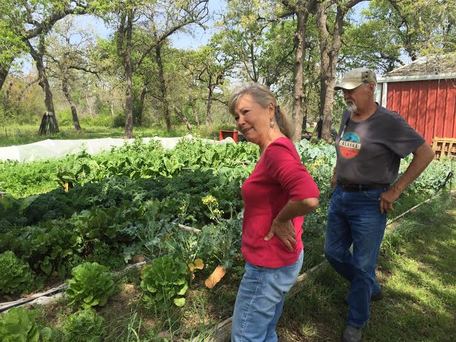
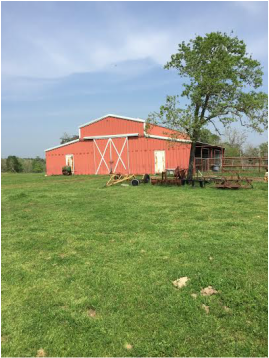
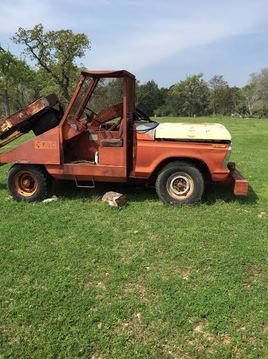
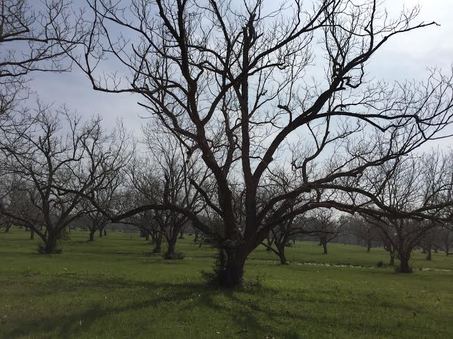
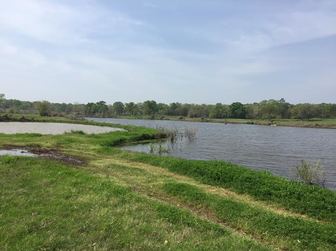
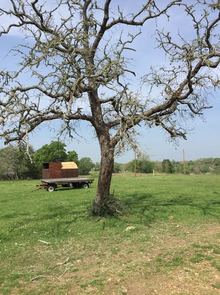
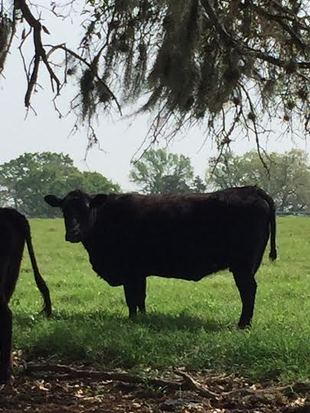
 RSS Feed
RSS Feed
